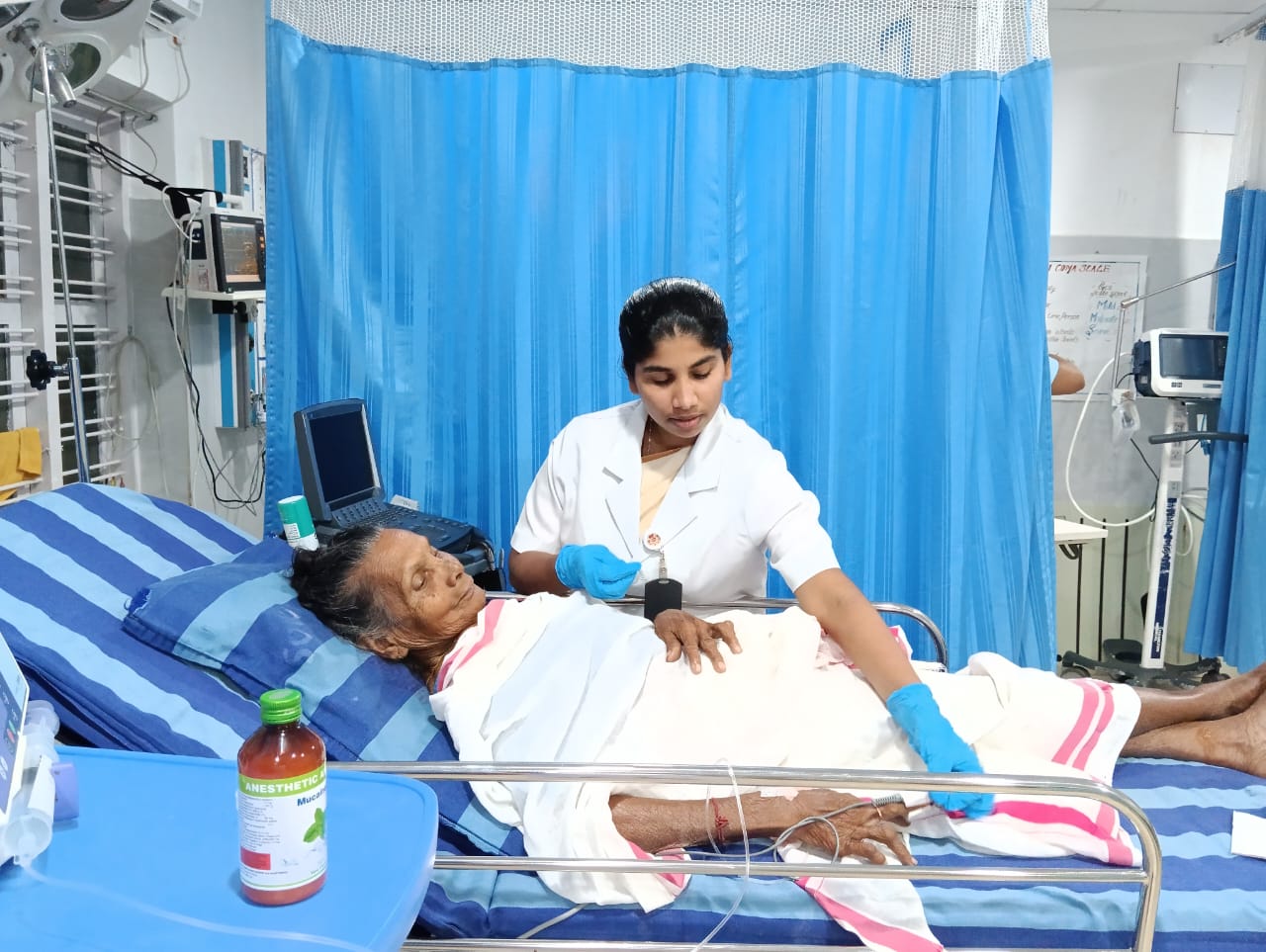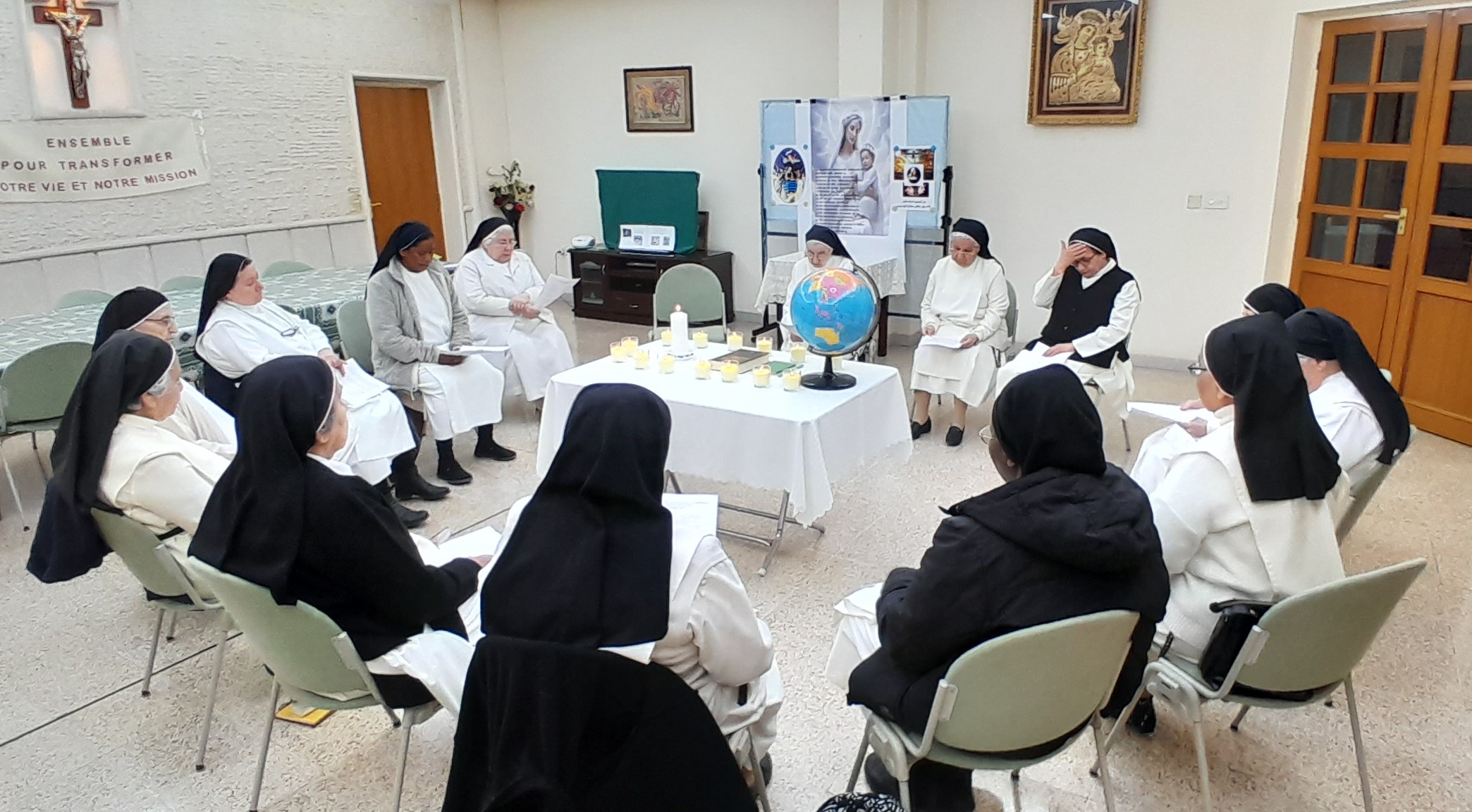The Province of Medellin, always inspired by Providence, makes the way of the Church, following in the footsteps of the humble, pious and charitable Marie Poussepin, making of its mission, a simple and close preaching that continues to be a fire that lights other fires, so that the Gospel may stroll through its paths with audacity and prudence. A history that is born in the generosity of the response of many to the ever-new call of God, proposed in the style of Blessed Marie Poussepin. Some milestones in this history of salvation: After their arrival in Colombia on June 21, 1873, the Sisters arrived in Medellin three years later, on July 16, 1876, to offer services of charity at the St. John of God Hospital, today St. Vincent de Paul Hospital. The communities and works grew, as did the number of Sisters, who responded to the freshness of the charism, which proposed a new way of serving others.






